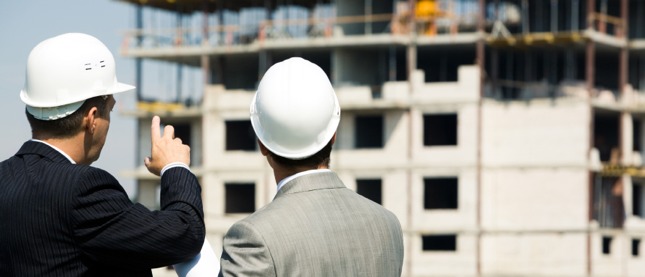The Role and Impression of Property Developers in Shaping Urban Landscapes
The Role and Impression of Property Developers in Shaping Urban Landscapes
Blog Article
In today's dynamic field of real estate, property developers play a pivotal role in shaping communities, landscapes, as well as economies. They are the driving force behind the conception, design, construction, and marketing of various real estate projects, ranging from residential complexes as well as commercial developments. Their influence extends far beyond construction in that they manage regulatory frameworks, developments in the market, and social demands. Recognizing the significance and importance of property developers provides insight into the complex nature of the industry and the broader ramifications.
In the core of property development lies the desire to envision and bring to life spaces that cater to the ever-changing needs of society. Developers start projects based on the analysis of market trends, demographics and urban plans. Their analysis determines the viability and viability of projects, guiding decisions on the location, style, and amenities. It doesn't matter if it's commercial, residential mixed-use, or residential developments their capacity to anticipate future requirements determines the style of communities and fuels the growth of their economy.
A successful development project demands meticulous planning, collaboration as well as resource management. Property developers coordinate a group of architects, engineers, contractors, and subcontractors to create their vision. They oversee every aspect of the construction process, including site preparation, the development of infrastructure, to building construction and interior finishing. This requires adept abilities in project management to manage complex issues like budget limitations as well as regulatory compliance and unforeseen challenges. Developers must also ensure that construction conforms to high quality standards, safety rules, and sustainable principles that reflect their dedication to economic value.
Beyond the bricks and mortar the property developer has a huge influence over the socioeconomic fabric of their communities. Their initiatives can stimulate business growth and attract companies, investors and residents to previously overlooked areas. By revitalizing blighted neighborhoods or revitalizing outdated structures developers aid in an urban revival and cultural renaissance of cities. But this power of transformation has also raised concerns about displacement, gentrification, and loss of the local character. In their role as stewards of the changing world developers should engage in transparent dialogue with those who are involved, encouraging inclusive development which is good for all people in the society. To find added details please go to this site
However, the quest for development is not without its problems and controversy, frequently demanding complex talks with local governments as well as environmental issues, along with communities' resistance. Many critics believe that rapid urbanization driven by developers could cause problems like gentrification, displacement of indigenous communities, and degradation of the environment. Finding a balance between the demands of economics and environmental sustainability remains an ever-present challenge to the development industry.
The viability of development projects is not just dependent on the viability of their financials, but also on social acceptance and community engagement. Participation of stakeholders, open communication and corporate social responsibility programs constitute a key element of ethical development practices. Participating with citizens or NGOs as well as advocacy organizations builds trust, increases inclusion and makes sure that development initiatives coincide with the wider interests of the society. Moreover, incorporating elements of placemaking such as places for public art, recreation areas, and cultural amenities can improve the social fabric of neighborhoods and fosters a sense of belonging among residents.